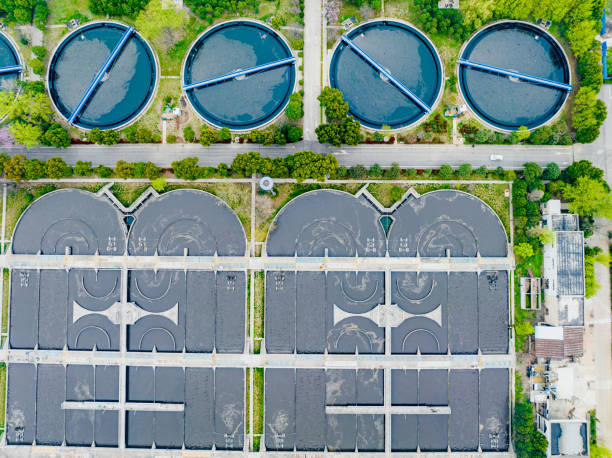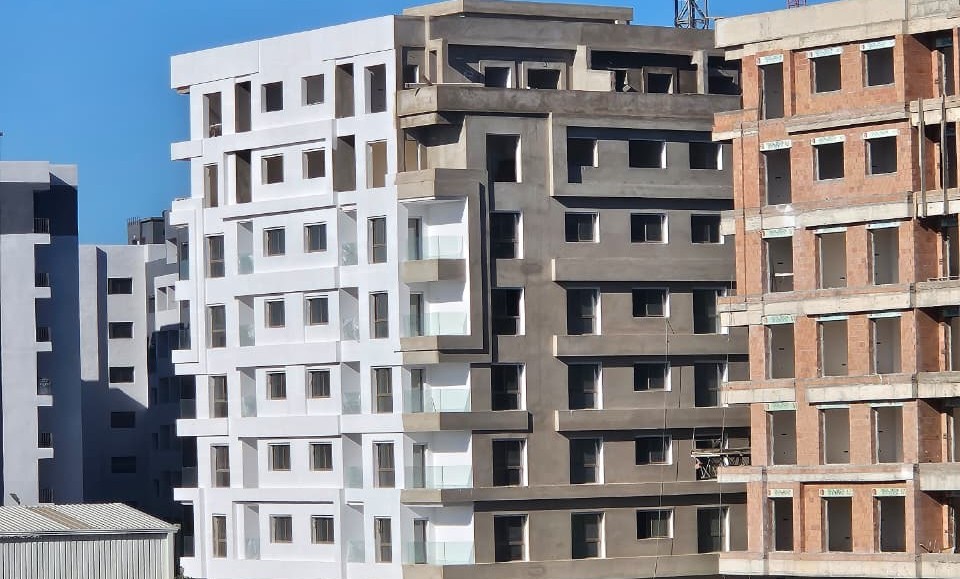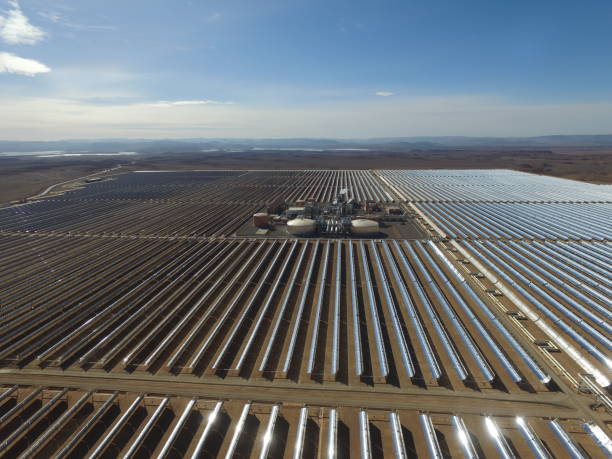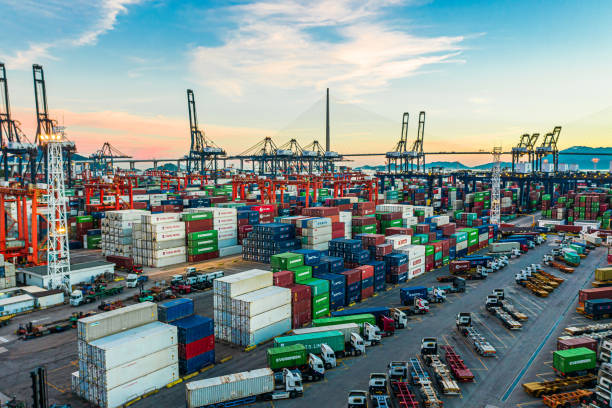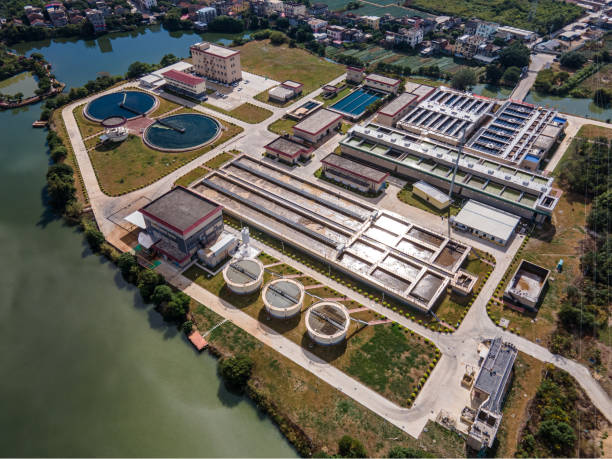Casablanca– In response to the pressing water challenges gripping the nation, Mustapha Baitas, Morocco’s Minister Delegate for Relations with Parliament and Government Spokesperson, has reaffirmed the government’s unwavering commitment to tackling the crisis head-on. Following a recent press briefing in Rabat after the government council meeting, Baitas underscored the proactive stance taken by the government to address Morocco’s water crisis, emphasizing the implementation of a comprehensive strategy to mitigate its effects.
Key among the government’s initiatives is the signing of agreements aimed at enhancing water distribution infrastructure in rural areas, with a substantial investment of 4.31 billion Dirhams (approximately $0.44 billion USD). This investment is poised to provide clean and reliable water access to over 119 rural communities across the kingdom.
Furthermore, Baitas elaborated on the government’s emergency and supplementary program, which includes the deployment of tanker trucks for water transportation and the acquisition of mobile desalination stations. These stations, totaling approximately 26, are designed to purify brackish water sources, ensuring potable water availability for communities grappling with acute water shortages.
In tandem with these efforts, the government has embarked on initiatives to harness water resources from dams, utilizing floating pump stations to extract water during periods of low reservoir levels. Baitas highlighted the commencement of reservoir filling activities for four major dams since 2023, signaling progress in water infrastructure development.
Moreover, Baitas emphasized the significance of ongoing projects aimed at expanding water access and enhancing water security nationwide. With 13 major dam projects currently underway, operationalization plans are slated between 2025 and 2027, reflecting the government’s commitment to bolstering water infrastructure.
The government’s multifaceted approach also includes accelerating the pace of water-related projects, such as dam construction and inter-basin water transfer schemes. These initiatives are deemed critical to addressing the immediate water crisis and safeguarding the nation’s water supply for future generations.
Additionally, Baitas highlighted the importance of the National Program for Seawater Desalination and Wastewater Reuse in augmenting water resources and mitigating climate change impacts. The government remains proactive in implementing preemptive measures to combat drought and secure water supplies for all Moroccans.
In conclusion, Baitas reiterated the government’s steadfast commitment to implementing the Emergency Water Plan, encompassing a range of short-term measures aimed at alleviating water scarcity challenges. Through concerted efforts and strategic investments in water infrastructure and management, Morocco aims to overcome its water challenges and build a resilient water future for generations to come.






